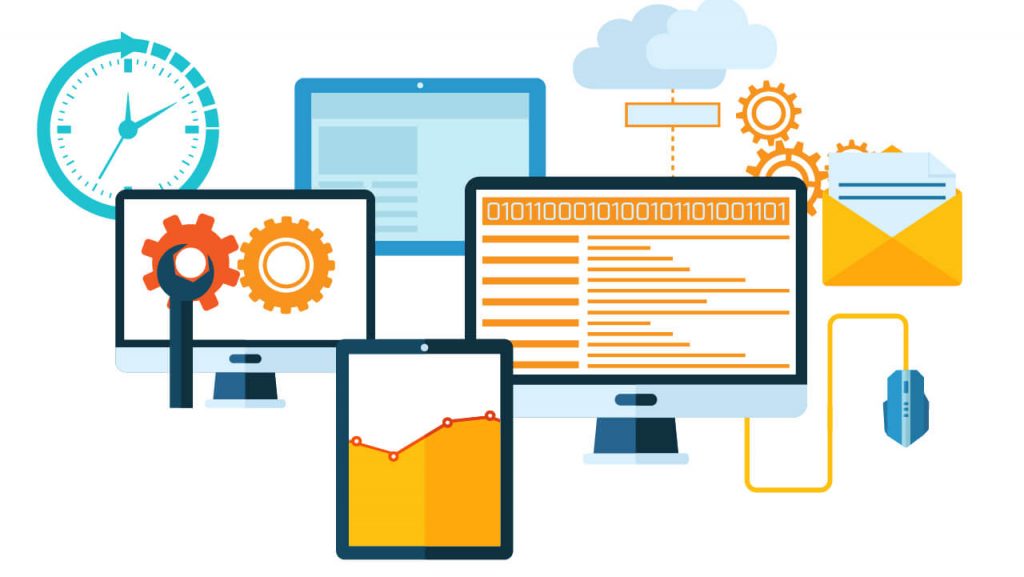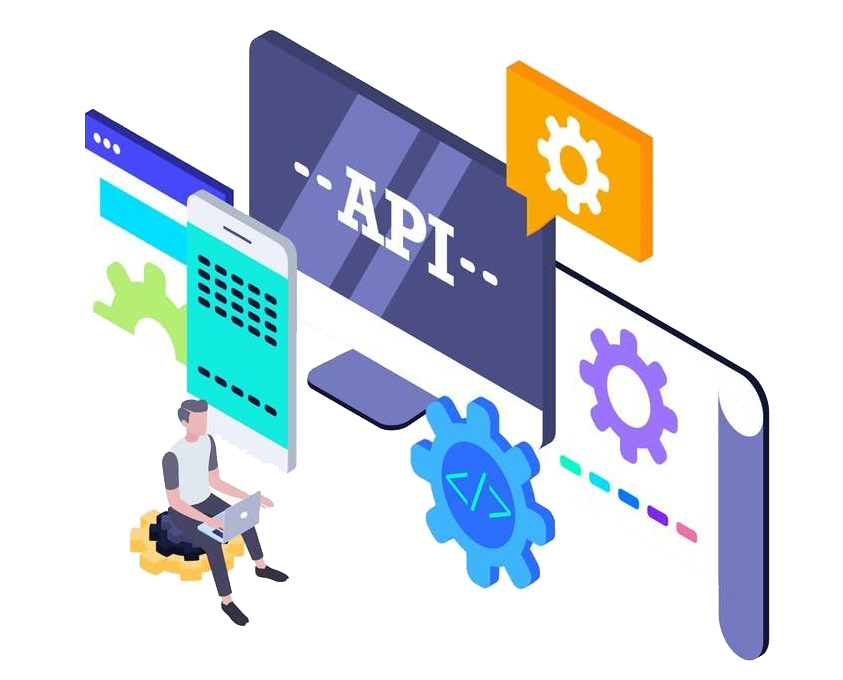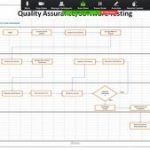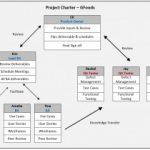
Introduction:
In today’s competitive job market, aspiring software test analysts need to equip themselves with a diverse skill set that includes both manual testing and test automation. The ability to seamlessly transition between these two realms not only enhances your marketability but also opens doors to a wider range of opportunities. In this blog, we will explore the importance of mastering both manual testing and test automation, along with essential tools such as Selenium, Cucumber, Jenkins, GitHub, Jira, and API testing. By acquiring the right software testing skills, you can boost your CV and position yourself at the top of the candidate pile and securing a rewarding career as a software test analyst.
1. The Power of Manual Testing:
Manual testing forms the foundation of software testing and is essential for understanding the intricacies of the testing process. Mastering manual testing allows you to gain valuable insights into the software and its functionalities. It enables you to design effective test cases, execute them meticulously, and identify defects through hands-on exploration. Manual testing helps you develop a deep understanding of the software’s behaviour and user experience, allowing you to provide meaningful feedback and contribute to the overall improvement of the product. Essential knowledge areas here include:
• Analysing various forms of requirement documents
• Producing Test Plans.
• Identifying Test Data required.
• Determining Test Environment.
• Understanding the context of the test effort.
2. Embracing Test Automation with Selenium:

Test automation has become an integral part of the software testing landscape, and proficiency with automation tools is highly valued in the industry. Selenium, a widely-used open-source automation framework, empowers testers to automate web service testing. Learning Selenium enables you to write efficient and reliable test scripts, execute test cases across different browsers and platforms, and identify defects quickly. By incorporating Selenium into your skill set, you showcase your ability to expedite testing processes and ensure robust software quality.
Essential knowledge areas here include:
- Learning how to set up WebDriver, launch browsers, navigate web pages, locate and interact with elements
- Effectively locating elements on a web page is crucial in test automation
- Handling Alerts, Frames, and Windows
- Page Object Model (POM) and the Page Factory pattern
- Using reporting libraries and frameworks compatible with Selenium, such as TestNG, JUnit
3. Leveraging Agile Tools for Collaboration:
In today’s Agile-driven environment, collaboration and efficient project management are key. Familiarity with tools such as Cucumber, Jenkins, GitHub, and Jira can significantly enhance your employability as a software test analyst. Cucumber facilitates behaviour-driven development (BDD) by providing a common language for communication between stakeholders. Jenkins enables continuous integration and automation of test execution. GitHub offers version control for collaborative development, while Jira helps manage Agile projects effectively. Proficiency in these tools demonstrates your adaptability to Agile methodologies and enhances your ability to work collaboratively with cross-functional teams.
4. Emphasizing API Testing:

API (Application Programming Interface) testing plays a crucial role in validating the integration and communication between software components. Understanding API testing and becoming familiar with tools like Postman and SOAPUI expands your testing capabilities beyond the user interface. Proficiency in API testing allows you to validate data transfers, test API endpoints, and verify proper functioning of backend systems. This skill set positions you as a well-rounded software test analyst capable of handling diverse testing scenarios.
5. Giving Your CV the Competitive Edge:

By acquiring a combination of manual testing, test automation, Agile tools, and API testing skills, you provide your CV with the competitive edge it needs to stand out. Employers value candidates who possess a holistic understanding of the testing process, as well as the ability to adapt to evolving industry trends. Highlighting your proficiency in these areas demonstrates your versatility, adaptability, and commitment to professional growth. Showcase your hands-on experience, certifications, and successful project outcomes to give potential employers confidence in your abilities as a software test analyst.
Conclusion:
To secure a software test analyst job and position yourself at the top of the candidate pile, it’s essential to master both manual testing and test automation. Additionally, gaining proficiency in tools like Selenium, Cucumber, Jenkins, GitHub, Jira, and API testing adds significant value to your skill set. By learning the right combination of manual and automated testing techniques, along with familiarity with Agile tools,





